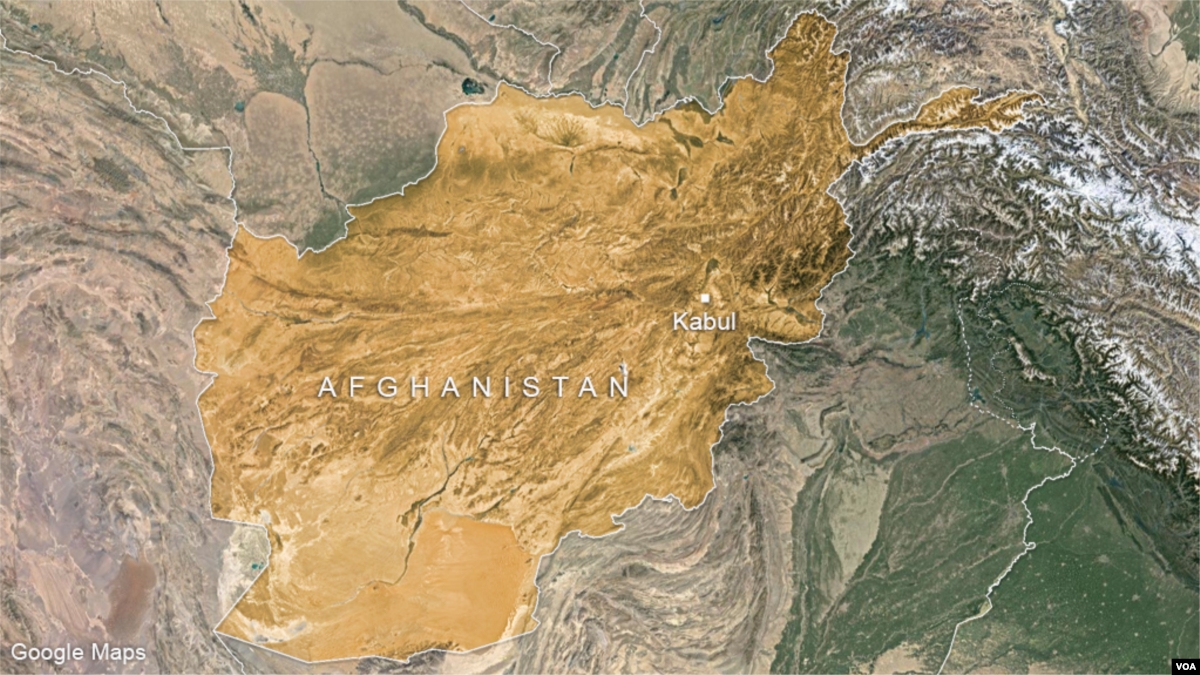
Afghanistan faces the threat of serious drought this year after recording the lowest snowfall and rain in years over the winter, officials said on Monday, with at least 20 of 34 provinces already suffering badly.
The 20 provinces in the war-torn country saw a 60 percent shortfall in rain and snowfall during the winter season.
"This year drought has reached a level that we will have to announce an emergency in several parts of the country," said Hashmat Khan Bahaduri, spokesman for the Afghanistan National Disaster Management Authority in Kabul.
Bahaduri said funds would be allocated to mitigate the impact but that the country would have to import, or receive donations, to overcome food shortages.
According to Famine Early Warning Systems Network, a group set up by USAID to help planning for humanitarian crises, snowfall in Afghanistan's last winter season was the lowest since 2002.
Snowmelt is an important source of water for crops and irrigation in a country where food is scarce for many households.
The U.N. Children's Fund (UNICEF) appealed on Monday for $10 million to help children and their families in drought-affected provinces.
The UN agency stated that food insecurity and reduced access to drinking water were beginning to take their toll in the 10 worst affected provinces, where 20 to 30 percent of water sources were reportedly dry.
"The priority is to prevent the situation from deteriorating, by responding to the needs of children and families in the worst affected areas," said Adele Khodr, UNICEF representative in Afghanistan.
Poor rains and scanty snowfall mean less winter wheat, Afghanistan's most reliable, resilient cereal crop.
An official at the agriculture ministry said it would start distribution of 2,000 metric tons of wheat imported from India and Kazakhstan before seeking fresh aid.
Last week, President Ashraf Ghani ordered officials to attend to the needs of distressed farmers and livestock producers.
But the situation is further complicated by an escalating conflict that often picks up with the start of warmer spring weather, leading to increased displacement and reduced access for humanitarian workers.

No comments:
Post a Comment